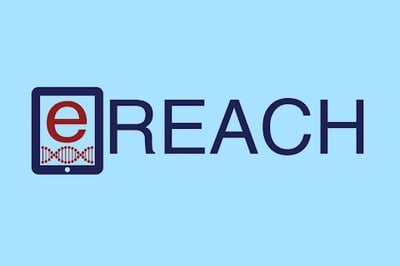A Randomized Study of an eHealth Delivery Alternative for Cancer Genetic Testing for Hereditary Predisposition in Metastatic Breast, Ovarian, Prostate and Pancreatic Cancer Patients

A study looking at using web options to increase access to testing AND patients in this study can get genetic counseling and testing in their home
Clinicaltrials.gov identifier:NCT04353973
About the Study
NOTE: This study is no longer recruiting people.
Genetic testing can be helpful to identify potential targeted treatments for some patients with cancer. But some patients have a hard time getting easy and fast testing. This study is looking at using web options to increase access to testing AND patients in this study can get genetic counseling and testing in their home!
This Study is Open To:
NOTE: This study is no longer recruiting people.
This Study is NOT Open To:
NOTE: This study is no longer recruiting people.
A study looking at using web options to increase access to testing AND patients in this study can get genetic counseling and testing in their home
Clinicaltrials.gov identifier:NCT04353973